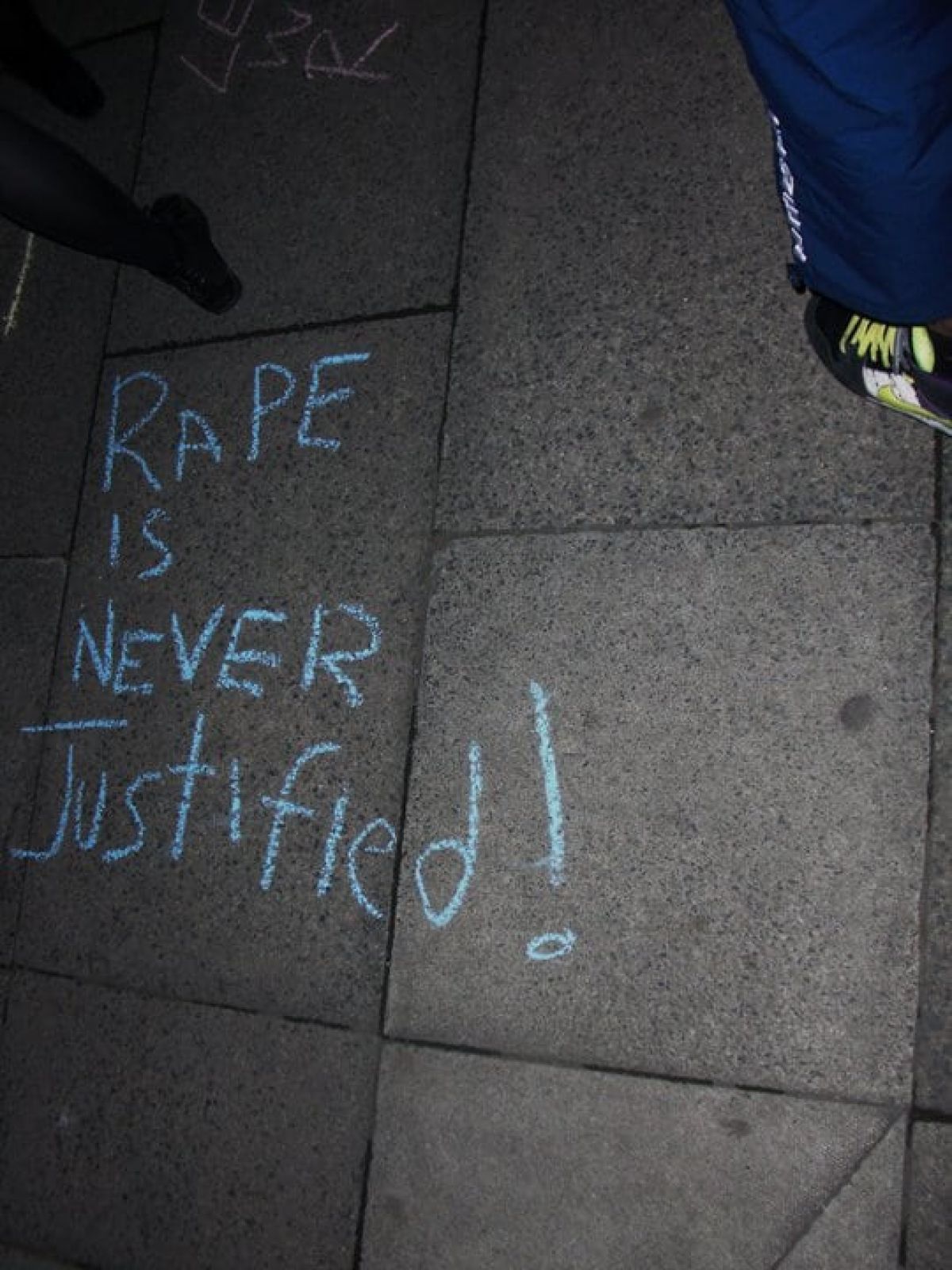New legal advice tells prosecutors sexting is not consent

Updated legal guidance has been published to assist prosecutors in challenging new myths about rape and sexual assault, which have come about due to more sexual encounters online.
The advice, published by the Crown Prosecution Service (CPS), seeks to highlight how sexual interactions may be different in a digital age and ultimately aims to help prosecutors build cases that are ‘evidentially strong and therefore more likely to succeed at trial’.
New myths addressed by the guidance include those linked to the rise of messages containing explicit images, the use of dating apps, and casual sex.
Siobhan Blake, CPS rape lead, said that the rise in technology has lead to a transformation in the way “people interact, date and communicate with sexual partners”.
She continued: “For example, many teenagers believe that sending explicit photos or videos is a part of everyday life. Our prosecutors must understand this and challenge any implication that sexual images or messages equate to consent in cases of rape or serious sexual violence.”
The guidance also makes prosecutors aware of the impact trauma can have on a victim’s memory and how they can better pursue inquiries whilst protecting victims’ privacy. Advice on how to approach cases of same sex violence has likewise been updated.
The advice will be used by prosecutors from 1st November 2020. It comes in light of a fall in the number of suspects convicted of rape or other sexual assault – 1439 people were convicted in 2019-2020, which is almost half the figure from 2016-2017, of 2991 convictions – despite a huge increase in the number of cases brought to the police.
Chair of UoM’s Feminist Collective, Amber Barrow, welcomed the new guidance, but feared it would be inadequate in tackling many other factors that contribute towards the sexual abuse of women in particular.
She told The Mancunion: “Working to dispel myths about rape and rape culture is laudable, but it only challenges one facet of a patriarchal justice system that still has a long way to go.
“CPS’ decision to change their advice to prosecutors is one that should be celebrated but it should not placate us. We need to continue to push for a system that does not punish women for being raped.”
Various victim support groups have helped to construct the new guidance with the CPS, one being Survivors Manchester, who help male victims of sexual abuse.
Their Chief Executive Officer, Duncan Craig OBE, warned these myths can create “a breeding ground for silence and the continuation of harm” and hoped that the updated advice would “improve the way the Criminal Justice System deals with myths in rape cases.”
The guidance is part of the CPS’ five-year plan, Rape and Serious Sexual Offences (RASSO) 2025, launched earlier this year to improve justice and support for victims of sexual abuse throughout the prosecution process.
A public consultation on the guidance will be held for three months, closing on 18th January 2021, to assess whether it is both adequate and accurate. Anyone can fill in a form online to comment on the updated guidance.
If you or anyone you know is struggling from any of the contents in this article, please do not hesitate to ask for help. Details of how to protect your safety, receive support or report a case of sexual abuse as a University student can be found here.







